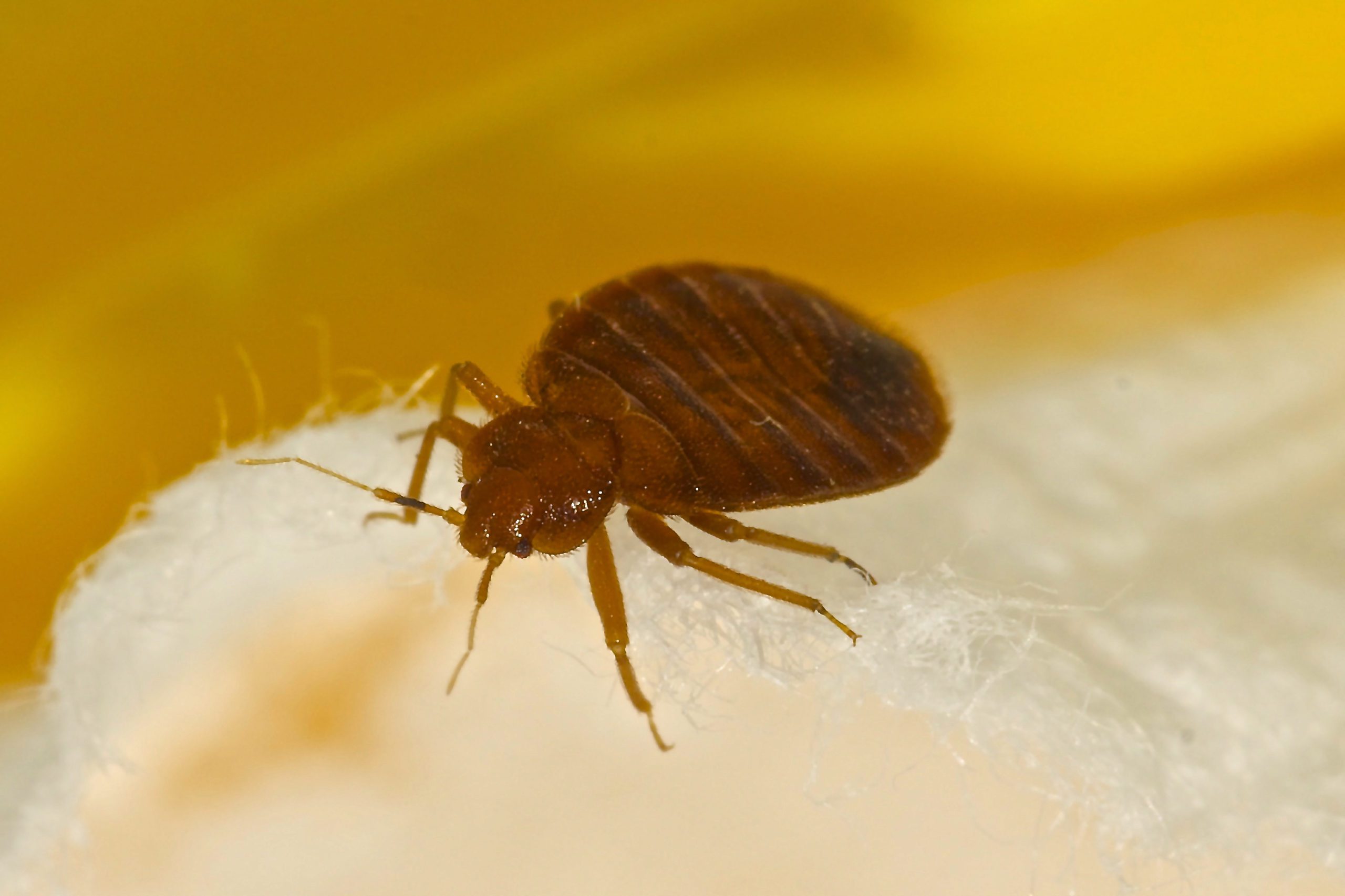The lifespan of bed bugs relies on the host and other factors. As humans are warm-blooded, bed bugs can easily target them. Along with it, warm blood and carbon dioxide both enhance bed bugs’ lifespan, which is why bed bugs feed on the home every five days.
The question is for how long can bed bugs live without a host. Most individuals think that these minor bugs do not require too many survival things, yet these multiply at a fast rate. The lifespan of bed bugs is not measured by one factor.
Bed bugs are a menace and it is impossible that you have never been affected by them. Once they find their way into your home or more likely, your bed, getting rid of them becomes a tough task. The question of how long they can survive without a host arises because it seems like these little creatures don’t need much to carry on living. They hardly seem to feed, yet multiply at an astronomical rate. This might come as quite a surprise.
How Long Can Bed Bugs Live Without A Host?
This question is pretty ambiguous and must be addressed in parts. There are a number of factors that determine the length of time that a bed bug can go without a host. First, we must establish that the feeding patterns of a bed bug are very different from that of normal humans. Unlike humans, who need to feed thrice or more a day, bed bugs are able to survive a lot longer without the need for a host. Mature bugs need to feed every three to seven days, while younger bugs (nymphs) may need to feed at shorter intervals.
Factors That Affect The Bug’s Lifespan
Listed below are the factors that considerably affect the lifespan of a bed bug
- Availability of a host – This is the most important factor that determines the lifespan of a bed bug, for obvious reasons. Bed bugs are drawn to humans because we are warm-blooded and expel a great deal of carbon dioxide, both of which are essential for the life and growth of a bed bug. A bed bug will therefore prefer to feed every five days from a human directly. In the absence of a host, the bed bug can survive for a period of a few months to a year. This is due to the ability of a bed bug to adapt to a number of situations and conditions.
- Temperature – Bed bugs typically love a warm climate. They thrive in temperatures that are in the range of 45-50 degrees. Hence, it should be understood that bed bugs do well in warmer temperatures while anything that is beyond 50 degrees would be detrimental to them. This is the reason that sustained and controlled heating of a place is one of the methods used to exterminate bed bugs.
Our Curated List For :
Can Bed Bugs Survive On Anything Other Than Blood?
It is most unlikely that bed bugs will ingest anything other than blood. This is because their mouth is designed especially to ingest blood. Each bed bug carries a straw-like long tube at the end of its mouth. It uses this to inject through the skin of humans and draw blood. Their mouths are hence not capable of ingesting solid food. It is hence unlikely that a bed bug would feed on anything other than blood.
How Long Does A Bed Bug Take To Complete A Meal?
A mature bug takes about 10-15 minutes to complete a full-blood meal. This time frame significantly decreases in the case of baby bed bugs (nymphs). They take only 5-10 minutes to complete a full meal.
One thing common to both nymphs and adult bugs is that they require a longer period of time to digest their meal. Both nymphs and mature bugs spend about 5-7 days digesting the blood meal they ingest.
Closing Thoughts
If you have read through the entire article you should be able to figure out that bed bugs are pretty tough creatures. They are extremely adaptive to their surroundings and also need very little food to survive. This gives them an advantage in almost every circumstance. This is one of the reasons that they have managed to spread themselves in almost every corner of the globe.
Their high adaptability along with an ability to rapidly increase their population size makes them a formidable menace.
As such, it would be foolish to not take these pests seriously. There are a number of home remedies you can try if you find a few of them, however, it is advisable to get professional help to deal with them.
Also, Read –
